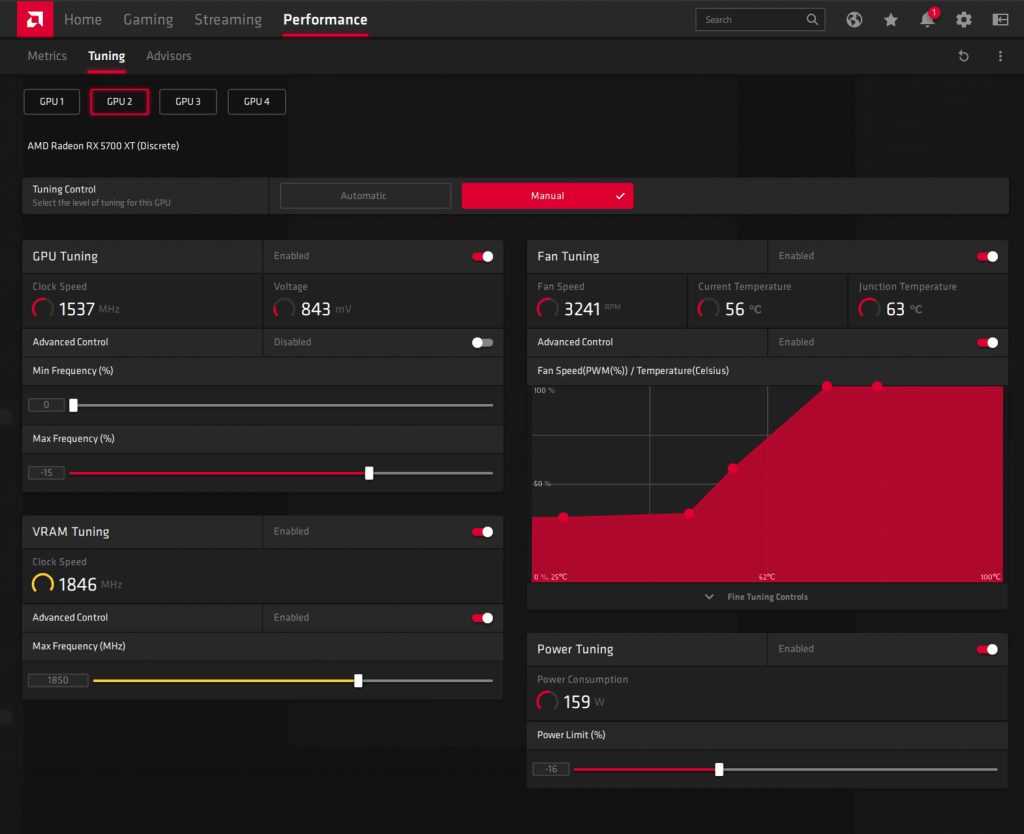

This information is used as the default inputs for the ETH mining calculator along with the default hashrate and wattage specs from the best Ethereum miner.

The Ethereum mining information is updated continually with the current block mining information. The latest version of the Ethereum mining calculator makes it simple and easy to quickly calculate Ethereum mining profits by adjusting the mining hashrate values or by selecting one of the just the result is.How to use the Ethereum mining calculator?Įvery aspect of our Ethereum mining calculator has been developed for miners by miners. There's still interesting value in figuring out why an artwork evokes whatever response it does, but I would guess the majority of the reasons aren't intentional. But art is notoriously about intuition and creativity where gut instinct guides the work. Huge amounts of art appreciation and art analysis is kind of sketchy when it comes to artist intentions. Would Shakespeare say that he used "the" because it was a word which when used repeatedly would invoke fear in the play's audience or would he just say that it sounded right for the play?Īgreed. When music professors pointed out Lennon's brilliance to him he just replied that he didn't know what they were talking about he had never heard any of those music terms before - he just felt it was the right sound for the piece. I'm bringing it up because I wonder what Shakespeare would say about this analysis. Reading the article, it reminded me of different analyses of John Lennon's music like. But it was up to the humans to find the meaning. The computation existed as a set of fresh alien eyes, telling the humans where to direct their attention. But to figure out why "the" was so key, they had to go back and reread the play closely, engaging in a very rich line-by-line literary analysis. They did some data analysis that pointed to the word "the". They started by pondering a phenomenon that has puzzled Shakespeare fans for centuries. But what's so delightful about Hope and Witmore's work is how it's genuinely a cyborg, centaur piece of literary analysis. The field of the "digital humanities" - which often involves using data analysis to study books - can get a bad rap sometimes. His is one of my favorite examples of using data analysis to ponder literature. In a few acts he'll be a totally unravelled mess. By writing it as "the hand" and "the eye", Shakespeare neatly evokes the way Macbeth is beginning to be tormented by his own decisions he disassociates from his own body.


That word?Īs Hope and Witmore note, you'd expect Macbeth to refer to " my hand" and " my eye". It turns out that Macbeth uncanny flavor springs from the unusual way that Shakespeare deploys one particular word, over and over again. Then a clever bit of data analysis in 2014 uncovered the reason. For centuries, Shakespeare fans and theater folk have wondered about this, but could never quite explain it. The literary scholar George Walton Williams described the "continuous sense of menace" and "horror" that pervades even seemingly innocuous scenes. It's as if Shakespeare somehow wove a tiny bit of creepiness into every single line. There's something subconsciously off about the sound of the play, and it spooks people. Medium's technology blog OneZero provides a great example of the new field of "digital humanities":Īctors and critics have long remarked that when you read Macbeth out loud, it feels like your voice and mouth and brain are doing something ever so slightly wrong.


 0 kommentar(er)
0 kommentar(er)
